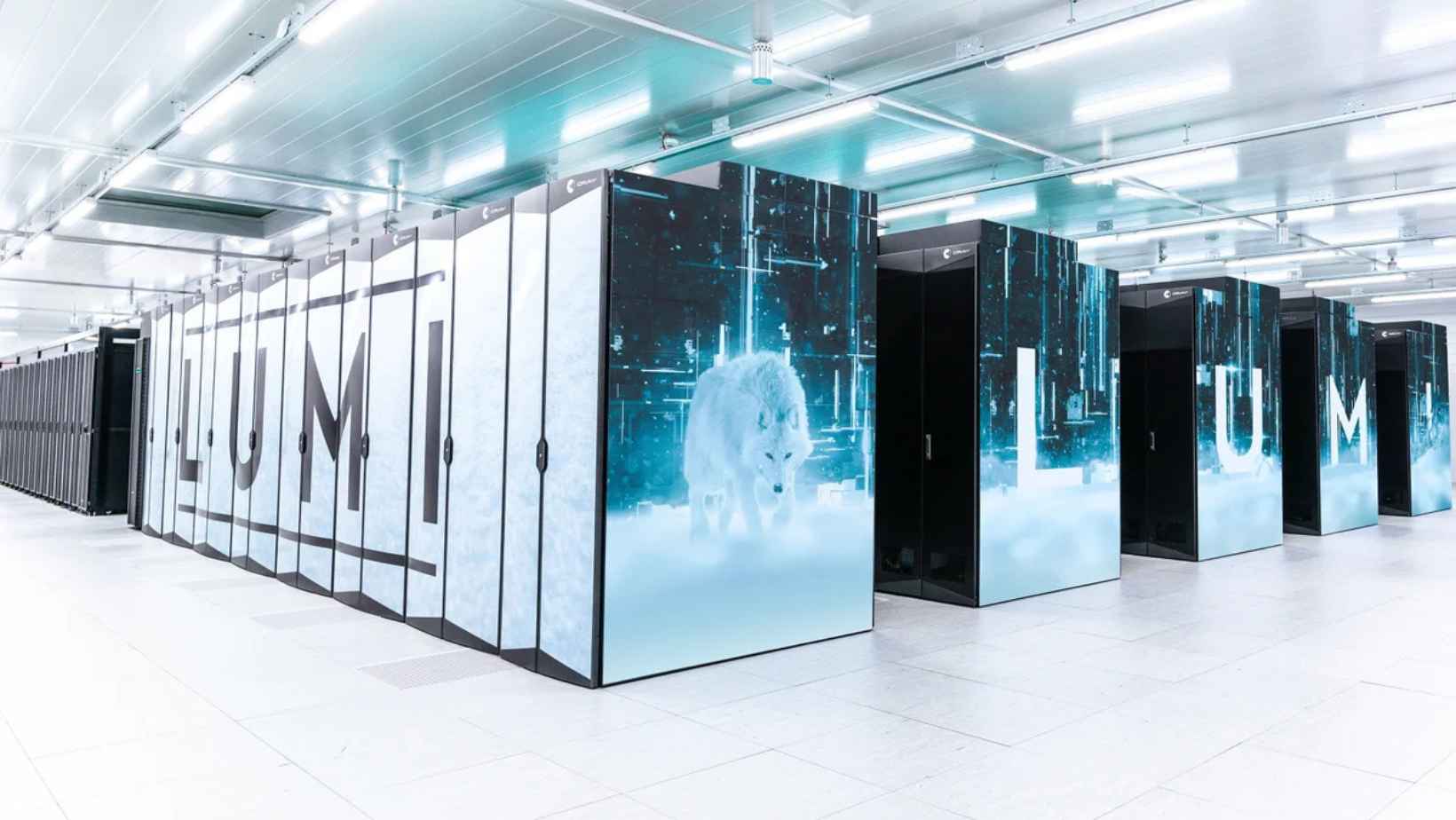Czechia Plans 90-Billion-CZK AI Gigafactory Near Prague
Prague Morning

Czechia has submitted a bid to host one of Europe’s first AI Gigafactories—a massive data center dedicated to the development of artificial intelligence—on the outskirts of Prague.
The facility, with an estimated cost of 90 billion CZK (approximately €3.5 billion), would be built in the municipality of Jíloviště, just beyond Prague’s southern border.
The application, submitted by the Ministry of Industry and Trade to the European Commission on Friday, June 20th, is part of a larger EU initiative to build five AI-focused gigafactories across Europe.
The EU has earmarked nearly €20 billion (close to 500 billion CZK) for the initiative under its strategic investment program for digital infrastructure.
The Czech bid proposes using land owned by České Radiokomunikace (CRA), a major telecom and infrastructure provider, which had previously planned to build a smaller data center on the same site. CRA will now serve as a co-investor in the project and is expected to take over operation of the future facility if the plan is approved.
“We’ve already prepared a project called Prague Gateway DC, one of the most modern and largest data centers in the region,” said Anna Tůmová, CRA spokesperson. “That’s why CRA is logically involved in this AI gigafactory initiative.”
Powerful Infrastructure Ready to Scale
The Zbraslav-Jíloviště location was selected for its robust energy capacity. According to Deputy Minister Jan Kavalírek, CRA has secured an initial power input of 26 megawatts, which would be expanded to 77 megawatts in the next phase. This would enable the operation of 100,000 high-performance AI chips, he added.
Once completed, CRA would allocate computing capacity for commercial purposes, European Commission programs, and Czech scientific institutions focusing on research and development.
European Competition Is Heating Up
Czechia is not the only country vying for an AI gigafactory. Germany, Denmark, and likely Poland and Romania are also preparing bids. However, Czech officials believe they have a key advantage: project readiness.
“České Radiokomunikace already has the documentation ready and is awaiting a green light to begin construction,” Kavalírek noted.
The European Commission is expected to decide which countries will receive funding by the end of 2025. If the Czech bid is successful, construction could begin shortly after, with the facility expected to be operational by late 2028.
Would you like us to write about your business? Find out more
-
NEWSLETTER
Subscribe for our daily news










